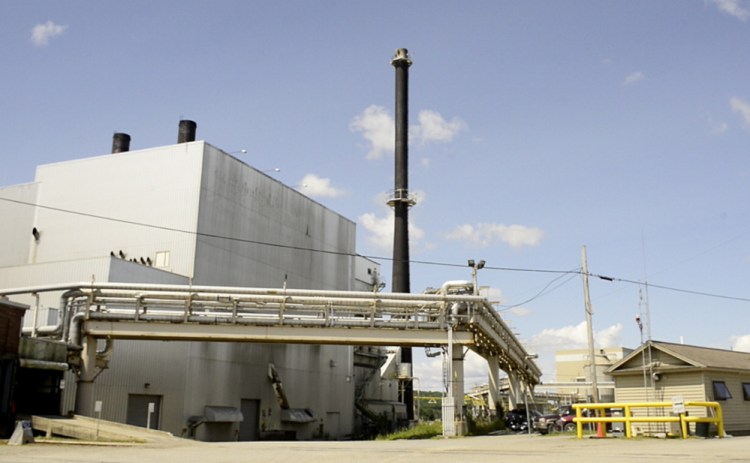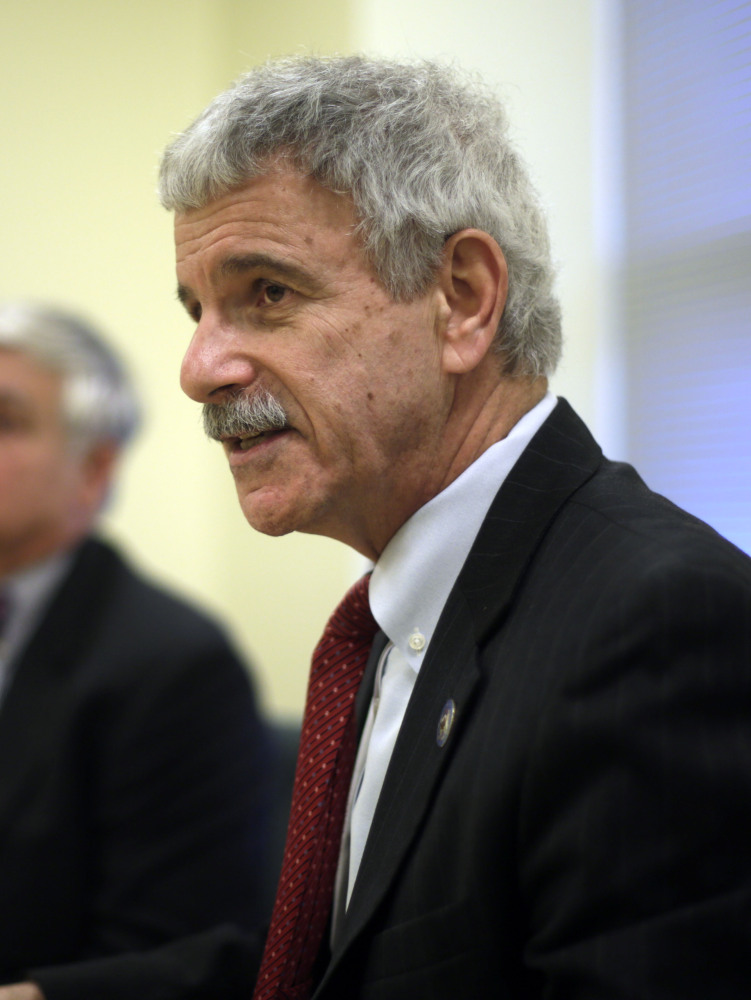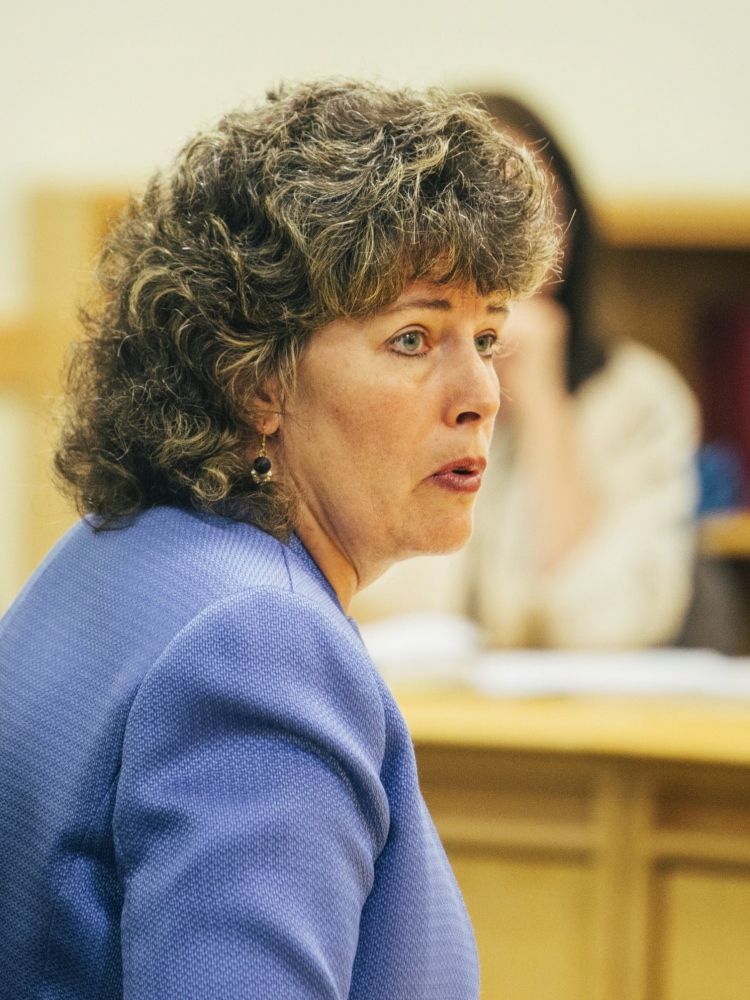Lawmakers moved forward with a plan Thursday to convene a public inquiry into how a state tax credit program was used to devise an investment deal in the now-shuttered Great Northern Paper mill that didn’t directly benefit the mill or its workers, but will cost taxpayers $16 million.
Maine’s Government Oversight Committee asked Beth Ashcroft, director of the Office of Program Evaluation and Government Accountability, to return to the committee with a recommendation on how to proceed with a public inquiry into the state-backed Maine New Markets Capital Investment program and how it was used in the Great Northern deal.
The committee’s desire to hold a public inquiry into the tax credit program, and specifically the Great Northern deal, was prompted by an examination by the Portland Press Herald, published in April, that revealed loopholes in the program that allowed an $8 million investment in the paper mill in East Millinocket to trigger the payout of $16 million in Maine taxpayer dollars to out-of-state investors over the next several years. The convoluted process resulted in the mill’s owner, Cate Street Capital, using the $8 million to pay off old debt and fees, rather than improving operations at the mill as it had claimed in its application.
The Legislature created the Maine New Markets Capital Investment program in 2011. It offers tax credits to investors worth 39 percent of the total investment in a business in a low-income communities. The credits are “refundable,” which means if an investor doesn’t have any tax liability in Maine, they receive cash from the state.
As part of its recommendation, Ashcroft’s office will suggest whom the committee should invite to answer their questions about the program and paper mill deal.
Sen. Roger Katz, a Republican from Augusta and the committee’s co-chairman, said the committee would like to question representatives from Cate Street Capital; the Finance Authority of Maine, which administers the tax credit program; and two out-of-state financial services companies that facilitated the deal.
After the meeting, Ashcroft said it seemed like the committee also would like to hear from some outside observers of the New Markets program, which was created to operate atop a similar federal program, and individuals who are not directly involved with the Great Northern deal.
The invitations are non-binding, but if the invitees don’t show up or the committee feels it needs more information, it has the power to issue subpoenas, which it uses sparingly, Ashcroft said.
“The way they’re doing this, I’d be surprised if they went in that direction,” she said. “They use it judiciously and only when they need information beyond what we’ve been able to get in our review.”
Rep. Chuck Kruger, a Democrat from Thomaston and the committee’s other co-chair, believes Maine was taken advantage of in the Great Northern deal, but made clear this isn’t a witch hunt, calling it an “information-gathering session.”
“We’re going to get as many people who know about the program and this situation and ask what happened and what wrong with this and what can we do to make sure it doesn’t happen again,” he said.
“Don’t get me wrong, this is a tragedy. We can’t undo it, but we can make sure it’s not repeated.”
Some committee members, including Rep. Deborah Sanderson of Chelsea, Sen. Christopher Johnson from Lincoln and Rep. Anne-Marie Mastraccio of Sanford, said they’d like to broaden the inquiry beyond the Great Northern deal to gain a better understanding of how the state tax credit program works, what its original intent was and how it’s been used in other deals.
“I think it would be very important to have a broader overview (to determine how the program worked) in other cases or if it just fell short of the mark and created a mess in this deal,” Sanderson said.
A time line for the inquiry hasn’t been set, but Katz said the committee would like to hold hearings in November.
Send questions/comments to the editors.





Success. Please wait for the page to reload. If the page does not reload within 5 seconds, please refresh the page.
Enter your email and password to access comments.
Hi, to comment on stories you must . This profile is in addition to your subscription and website login.
Already have a commenting profile? .
Invalid username/password.
Please check your email to confirm and complete your registration.
Only subscribers are eligible to post comments. Please subscribe or login first for digital access. Here’s why.
Use the form below to reset your password. When you've submitted your account email, we will send an email with a reset code.